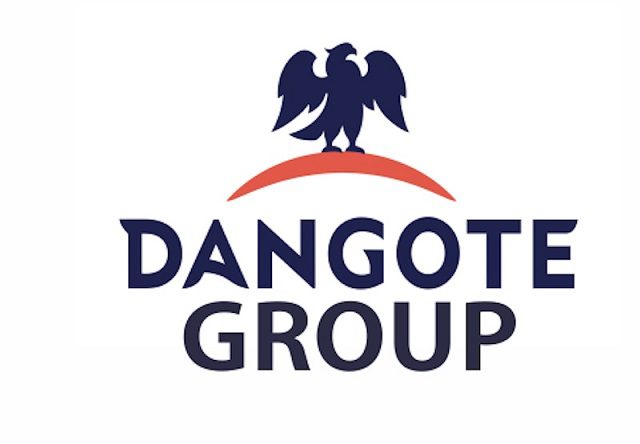The Dangote Group has reaffirmed commitment to environmental sustainability with enunciation of seven key pillars that underpin its operations.
The pillars are institutional, social, economic, financial, environmental, operational and cultural sustainability.
The company reaffirmed the commitment at an environmental journalism workshop in Lagos with the theme: “Reporting the Environment for Sustainability”.
Mr James Adenuga, Acting Group Head, Health, Safety, Security and Environment (HSSE) & Sustainability at Dangote Group, said that the seven key pillars centred on people, planet and profit, to mitigate climate change.
Adenuga represented by Mr Adeyemi Adun, Group Environment and Sustainability Specialist at Dangote Industries Ltd.,
spoke on the topic: “Reporting the Environment for Sustainability’’.
He said the group would remain committed to building a socially responsible and impactful business that would serve all stakeholders.
Adenuga described sustainability as development that would meet the needs of the present without compromising the ability of the future.
He said the group invested funds in environmental research yearly to drive its decision making.
He added that the group partnered the UN for training on sustainability and climate change advocacy.
“The issue of sustainability should start from the home and should not be for governments and companies only, to solve global environmental problems one after the other,” Adenuga said.
Mr Aliu Akoshile, Executive Director at Climate Africa Media Initiative & Centre (CAMIC), called on journalists to take reporting of the environment seriously because `it is binds everyone together’.
“If the environment is not conducive, there won’t be development; journalists have a lot to do in order to report fairly,” Akoshile said.
Akoshile spoke on the topic: “Journalism and Climate Change.”
He hoped that the training would encourage journalists to appreciate efforts of corporate organisations such as Dangote Group toward achieving environmental sustainability in Nigeria.
Akoshile also urged journalists to do investigative reports to address some environmental issues.
He hoped that the training would enable journalists to pay adequate attention to their environments and climate.
Akoshile urged that companies should be assessed by their contributions to the society.
He listed challenges of climate change reporting as scientific complexity and communication, limited resources and newsroom constraints, skepticism, denial and disinformation, among others.
Akoshile urged journalists to seek partnerships with non-governmental organisations and corporations in climate reporting, as well as engage local communities and indigenous voices.
He said that environmental journalism required critical thinking and interrogation of issues, adding that journalists should hold governments accountable.
A research analyst at Africa Check, Mr Allwell Okpi, urged journalists to give attention to fact-checking to avoid misinformation.
Okpi said that journalists must identify the original source of information and verify the content before publishing.
He urged journalists to be factual about names, titles, places, quotes and video clips in their stories to avoid misinformation.
“Bloggers seek online traffic, everyone who creates and shapes information has agenda,” he said.
Okpi warned journalists to avoid relying on transferred information in news reporting.
“Once there is transfer of information, there would be distortion, and journalists must avoid that,” he said.
He said that journalists must get their sources and experts to explain jargons for easy understanding.
Okpi spoke on “Fact Check and Investigative Journalism.”
The News Agency of Nigeria (NAN) reports that about 60 journalists participated in the training organised by Dangote Group in partnership with CAMIC.


